Recognize common signs in hotel rooms indicating possible lapses in quality or care.
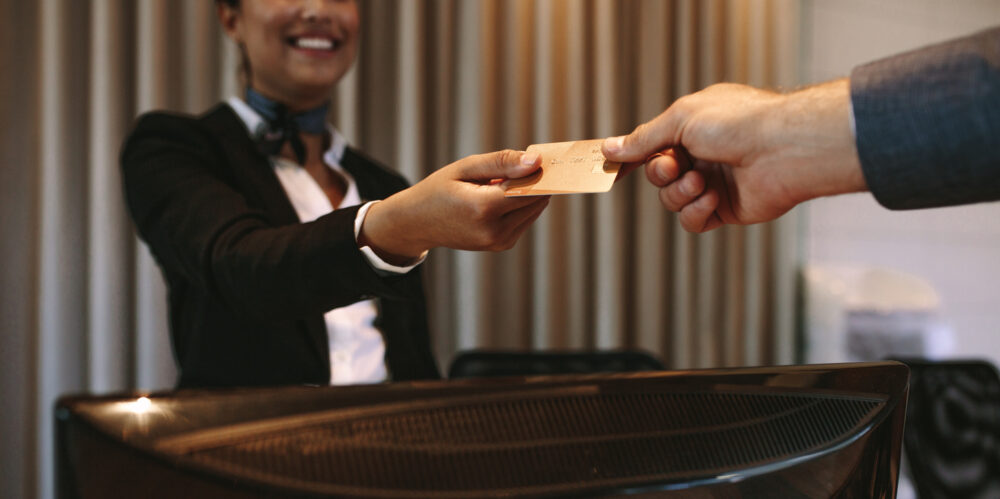
Spotting subtle warning signs in a hotel room can save you discomfort during your stay. Issues like unpleasant odors, worn furnishings, or malfunctioning amenities often hint at overlooked maintenance or cleaning shortcuts. Paying attention to these clues helps set realistic expectations and ensures you choose accommodations that align with your comfort and standards.
1. Notice unusual noises that disrupt a peaceful stay.
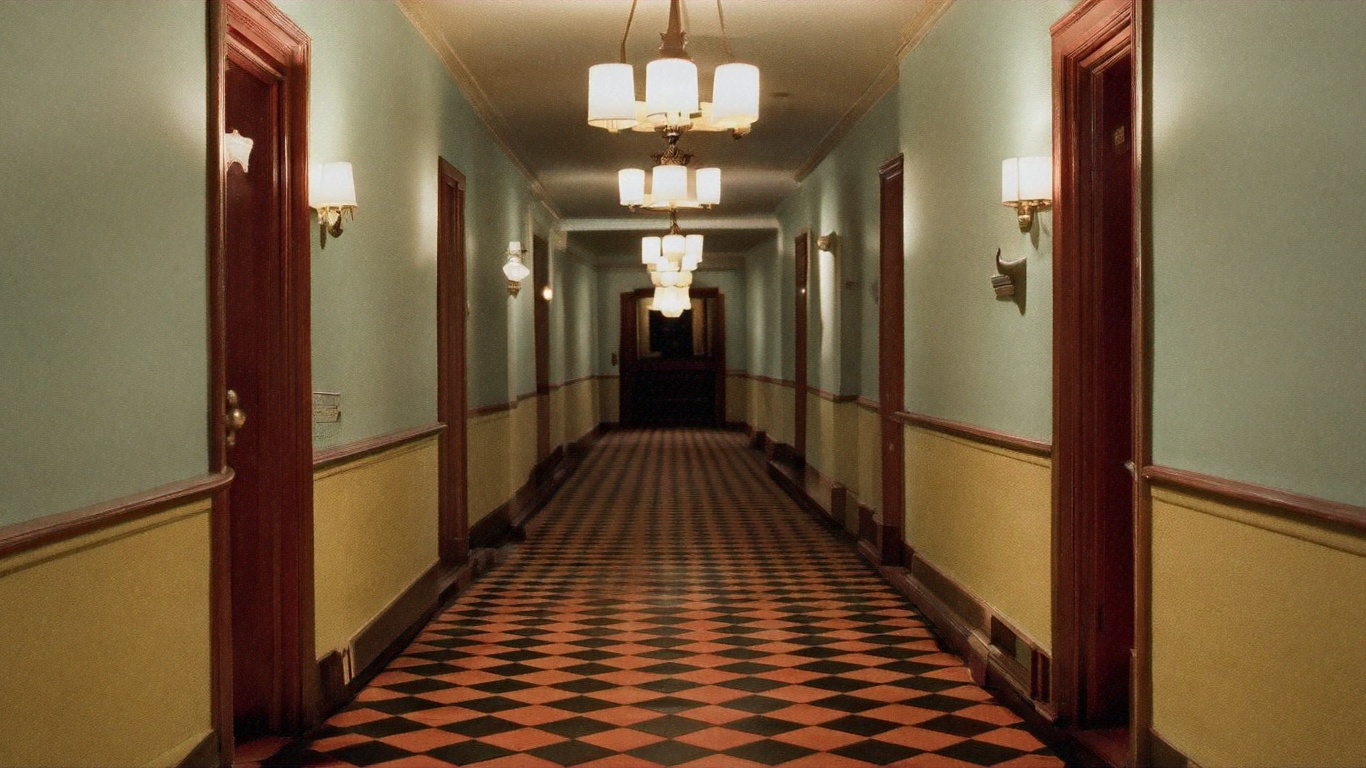
Unusual noises can mar a hotel stay, turning restful nights into restless ones. Thin walls amplify hallway chatter or adjacent room activities, while an antiquated air conditioning system clanking away detracts from relaxation. A loose window rattling in the breeze might signal lesser insulation.
Sounds that intrude persistently suggest underlying structural issues, perhaps indicative of shortcuts taken during renovations, Reader’s Digest suggests. Hotels prioritizing guest comfort invest in soundproofing, whereas missed noise control often hints at other ignored maintenance. A friend recalling an overnight concert by a humming refrigerator tells the tale well.
2. Spot visible wear and tear on furniture or fixtures.
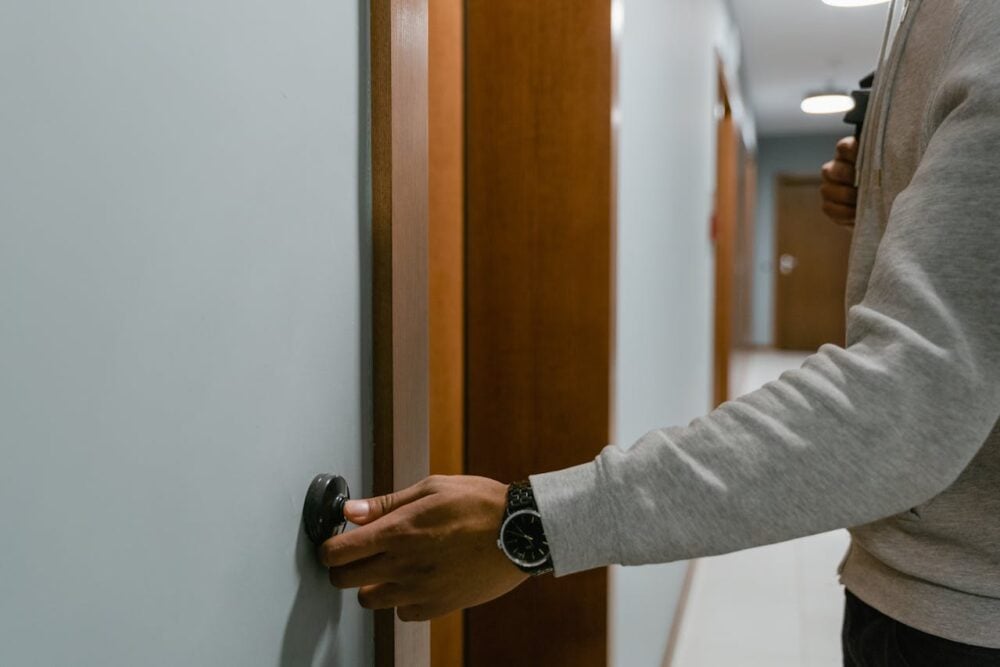
Furniture wear and tear often tells a tale of neglect. Frayed upholstery or chipped tables reflect frequent use without adequate upkeep. A desk with peeling laminate or unsteady chairs indicates that furnishings haven’t seen proper care for some time, hinting at lackluster service.
When fixtures falter, it subtly mirrors the overall maintenance philosophy. While faded curtains waving gently convey age, mismatched drawer handles scream budget constraint. Regulars know that cohesive, well-kept interiors typically imply a greater attention to their comfort and the hotel’s broader standards, according to VegOut.
3. Detect lingering unpleasant odors upon entering the room.

Odors have a distinct way of narrating stories, especially those lingering in hotel rooms. A persistent musty smell on entry may betray mold in the air conditioning vents, while a pungent cleaning chemical hint suggests hurried attempts to mask foundational issues rather than resolve them.
Odor lingers longer when there’s a history behind it. Caught masking musty residue or strong tobacco traces, staff may struggle with genuine deep cleaning. Frequent travelers sometimes recall how a fresh, untainted scent forecasts a hotel genuinely caring for the guest’s well-being and their experience, as mentioned in Botshot.
4. Observe inconsistent cleanliness in corners and under surfaces.
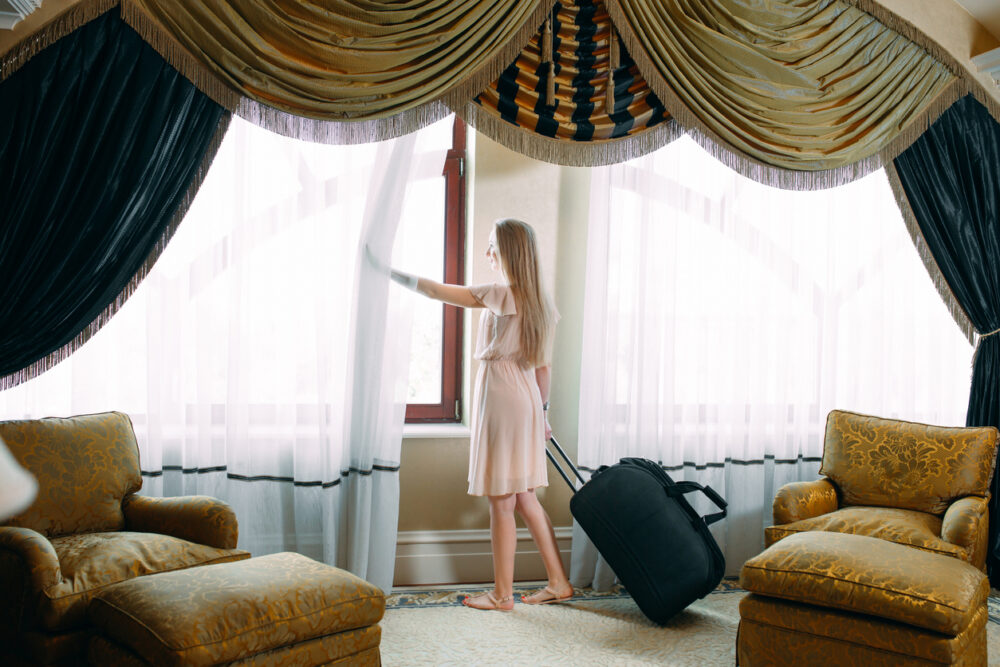
Cleaning inconsistency stands out sharply when inspecting corners and beneath visible surfaces. Dusty baseboards or forgotten cobwebs in corners tell of a rushed job. Even a single neglected spot behind the nightstand can echo with the lack of precision and care.
Acknowledging this inconsistency, astute guests develop expectations hinting at challenges deeper within the hotel’s service quality. A polished lobby can contrast misleadingly with a lack of meticulousness inside rooms. Still, comprehensive cleanliness cements trust, where corners appear as thoughtfully maintained as central spaces.
5. Check if essential amenities are missing or poorly maintained.

Essential amenities make or break a hotel’s value proposition. Missing TV remotes or bedraggled towels suggest that promised features might not match the initial booking promise. Malfunctioning coffee makers or dead batteries in safes interrupt basic guest routines, reflecting lapses in maintenance policies.
Many accommodations, especially budget-sensitive ones, skimp on amenity upkeep, hinting at broader operational cutoff points. Experienced travelers nod knowingly when services align with what’s stated. Smoking out multiple discrepancies typically incites skepticism towards other hospitality components, from room service quality to guest communication.
6. Find evidence of previous guests’ belongings or trash left behind.
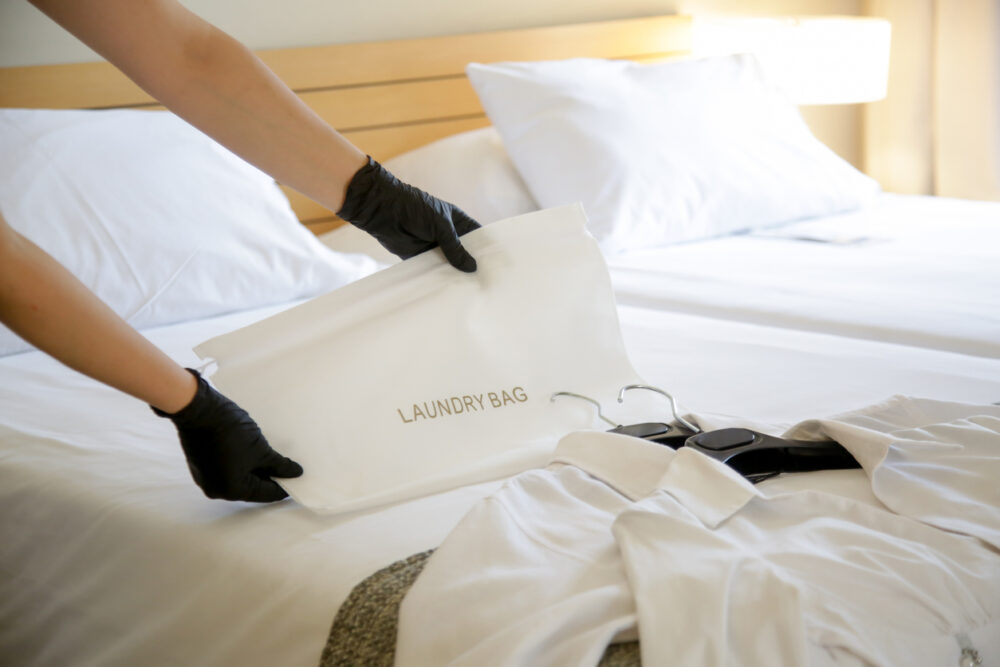
Artifacts left by previous guests cast a shadow on a hotel’s turnover procedures. Finding leftover personal items in closets or forgotten takeaway containers under the bed signals slipshod cleaning efforts. Any such remnants speak volumes of incomplete room resets and superficial inspections.
At establishments where residue abounds, traveler trust diminishes rapidly, igniting concerns about presence or absence of deep sanitation routines. On occasions where guest history becomes evident through found paraphernalia, confidence erodes, urging travelers to question overall management priorities embracing cleanliness and professionalism.
7. Evaluate if the temperature control system fails to function properly.
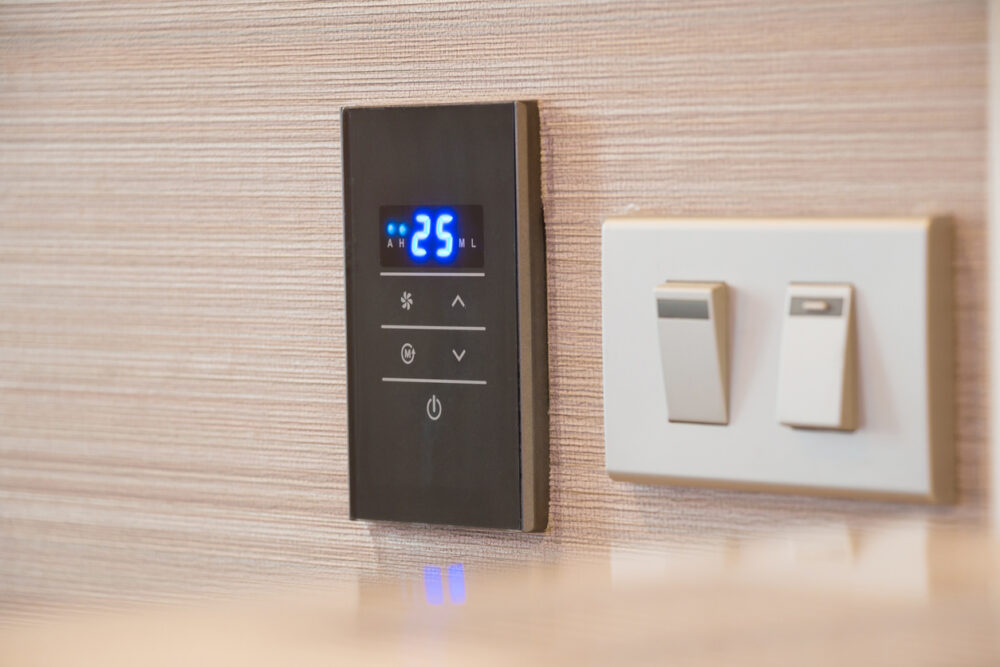
Faulty temperature control significantly influences comfort during stays. An ill-behaved thermostat persistently jammed at uncomfortable settings renders a sleepless sanctuary. In rooms where ineffective air conditioning or heating exists, guests grapple with an unruly climate, disrupting relaxation or restful downtime.
Temperature control issues often intersect with deferred maintenance mindsets. When drive-by fixes prevail over long-term solutions, guests may feel heat in more ways than one. Overbearing conditions within spaces showcase underlying flaws, necessitating candid reevaluation of choices for extended stays, from short weekend getaways to prolonged business trips.
